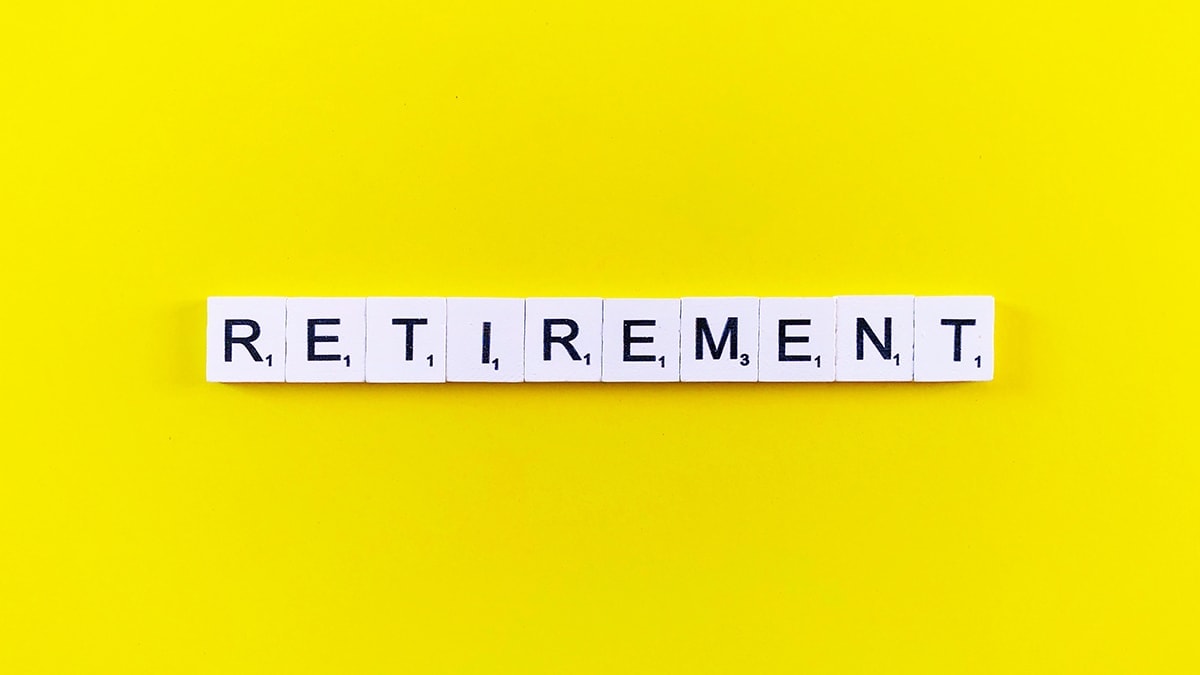The UK’s highest inflation for 40 years is laying waste to the financial plans of retirement savers.
If you are approaching retirement, don’t leave your finances to chance – pensions, mortgages, savings and investments should all undergo checks to ensure they are on track.
State Pension is the mainstay of financial planning for millions.
Around 12.5 million retirees rely on the money to pay the bills and keep a roof over their heads.
The State Pension goes up by 10 per cent to £204 a week from April – provided the saver has reached 66 years old and has banked enough years of paying national insurance contributions.
Table of contents
How Much Cash Will I Need To Retire?
Payments will start at £58 a week for someone who has paid the basic ten years of NIC, rising to the full £204 weekly\£10,600 yearly for people with a maximum of 35 years of contributions.
For anyone reaching state pension age before April 2016, the payment is £156 weekly\£8,100 yearly from April 2023.
The State Pension is the mainstay of retirement income. Trade body the Pension and Lifetime Savings Association (PLSA) reckons the minimum yearly income for a basic lifestyle in retirement is £12,800 for a single retiree and £19,900 for a couple.
The full State Pension represents 82 per cent of a single person’s basic yearly income, and a couple both receiving state pension payments have £1,300 wriggle-room on the £19,900 budget.
Expats need to be aware that in many countries, the State Pension is frozen at the first payment rate rather than index-linked to counter inflation.
Getting Your Finances Ready For Retirement
Citizens Advice says it’s a good idea to plan for retirement long before the big day.
To help muster your finances, they have devised a checklist of things to do:
- Work out your likely income and consider your likely expenses. Some spending will drop away – like the costs of commuting and other work-related expenses – but others may take their place, such as increased heating costs because you are home all day.
Citizens Advice has a budgeting tool to track your income and spending. The tool can also highlight areas where you can cut costs.
- Don’t forget to factor housing costs into your budget, especially if you pay rent, as most mortgage payers will have settled their loans before retirement.
- Find out how much State Pension you are entitled to through the free online government checking service
- If you have paid into an offshore company or state pension scheme as an expat, ask for a statement showing how much you have in your pot and how much you are likely to be paid on retirement
- If you are an expat, confirm if your UK State Pension is protected against inflation. If you are an expat returning to the UK permanently or are already in the country, the State Pension updates automatically.
- Collect account details and statements for any pensions, savings or investments you have to benchmark how much you have ready to spend in retirement. If you have a private pension, use an online calculator to give an idea of any income you may receive
- Ask the Pension Tracing Service to reunite you with any lost or missing pensions from jobs you have had over the years.
- Consider asking the government’s Pension Wise service for free financial guidance, or consult an independent financial adviser – but ask what the fees are in advance.
- Make a will so your partner or loved ones benefit from your years of hard work by inheriting your savings. You will need to speak to a lawyer about this.
- Think about where you want to live in retirement and if the Qualifying Recognised Offshore Pension Scheme (QROPS) suits your needs. Speak to a suitably qualified IFA about the pros and cons.
- Check if you pay tax on your retirement income in the UK or the country where you live once you have given up work.
- You must tell HMRC if you are leaving the UK to live abroad permanently or if you’re going to work abroad full-time for at least one full tax year.
Is your expat state pension rising with inflation?
The UK has agreed to index-link the State Pension against inflation in these countries:
European Union states, Iceland, Lichtenstein, Norway and Switzerland, plus:
- Barbados
- Bermuda
- Bosnia-Herzegovina
- Canada
- Chile
- Isle of Man
- Israel
- Jamaica
- Japan
- Jersey and Guernsey
- Kosovo
- Mauritius
- Montenegro
- New Zealand
- North Macedonia
- Philippines
- Serbia
- South Korea
- Turkey
- USA
What is a QROPS?
To join the Qualifying Recognised Overseas Pension Scheme, an offshore pension must meet rules laid down by HM Revenue & Customs (HMRC) in the UK. A QROPS has tax and investment advantages for expats but is also subject to restrictions for expats living outside the European Union.
Can expats claim the UK State Pension?
Yes, expats can claim the UK state pension from abroad and have the money paid into a local bank, provided they have paid enough UK national insurance contributions to qualify. The basic payment starts with ten years of contributions.
How much do I need to save to retire?
The PLSA has worked out how much money singles and couples need for three levels of retirement – basic\minimum, moderate and comfortable. The figures already include the State Pension.
Get help with Pension Wise
Pension Wise is a free and impartial service to help you understand your pension options.
Find out more about Pension Wise on the MoneyHelper website
Related Information
Below is a list of related articles you may find of interest.
